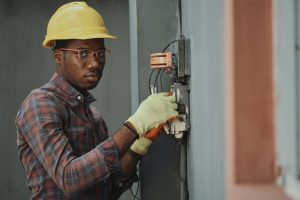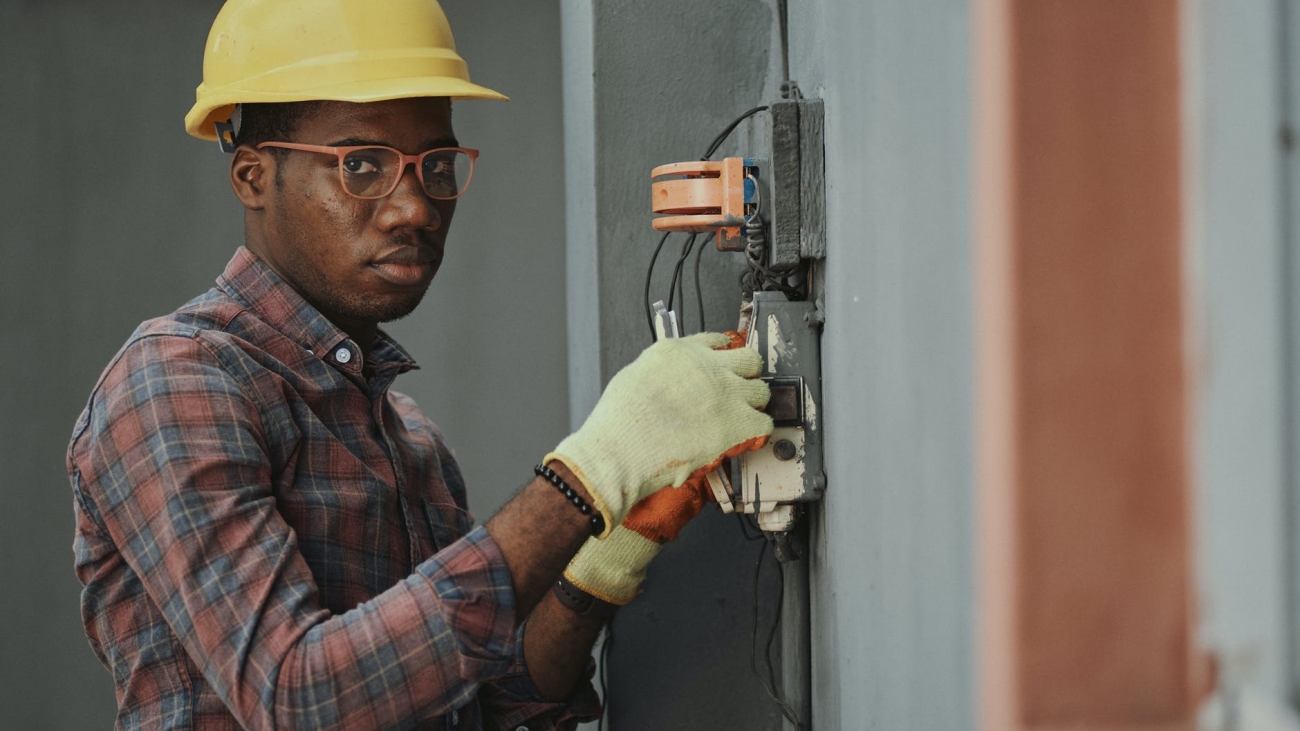An electrician is an individual who specializes in the installation, maintenance, repair, and maintenance of electrical equipment. An electrician can be employed to build new equipment or to maintain and repair old electrical infrastructure. An electrician must have a high school diploma. However, people with experience and qualifications are more likely to succeed in the job marketplace. Electricians work in factories and government offices, as well as private homes, schools, hospitals, schools, and shopping centers.

Some individuals are concerned that they cannot get an electrical technology apprenticeship program because of their high-school education or their lack of any formal training. That is not true. There are a number of electricians that have obtained a high school diploma and went on to train to be registered electricians. The difference is that these individuals were able to take advantage of a career apprenticeship program that did not exist when they finished their formal schooling. These programs are now readily available for high school students and make it simple to obtain entry-level roles.
These apprenticeship programs allow current and future electricians to learn about electrical safety practices, electrical code regulations, maintenance methods, and electrical technology basics. Electricians also learn about different power outlets, circuits, wiring, and different types of outlets. Students learn different methods to handle all aspects of the field during the training process. They also are trained to follow basic rules of safety and conduct themselves in a manner that is consistent with the law.
A variety of safety courses are required for electricians. These courses cover fire safety, first aid and hazardous materials. They typically take one to four weeks of class work at a community college before moving on to classes designed to familiarize them with the different types of electrical work that they will be doing in their future jobs. After completing the required studies, electricians can take a certification exam to be allowed to work in the field. There is no minimum educational requirement in most states to take the exam. Most states require that the electrician holds at least an associate’s degree.
There are two main types of electricians: residential and commercial. Commercial electricians are responsible for the operation of businesses in different industries such as petroleum, chemical, food, and manufacturing. Residential electricians are responsible in the operation of residential buildings and homes.
Electricians who work in residential and commercial settings are often paired up at factories, power plants, hospitals, and other businesses that provide wiring and maintenance. Their main job is to manage large-scale electrical distribution. An electrician must be licensed and certified by the state or local board responsible for licensing them. They must also pass a background check.
Different bodies have different rules about the type of license that electricians should have. The most common include a General Contractor’s License, and a Licensed Wireman’s License. A high school diploma, or an equivalent, is the most common qualification for Journeyman electrical contractors. Master electricians have been trained to do certain tasks for longer periods of time than a novice. A master electrician may have more training and experience than a journeyman.
Students who desire to become journeymen electricians or journeymen need to ensure they understand the requirements and qualifications before enrolling into a program. Students who lack the patience or time to learn on their own can find it difficult to study for two years. It is a good idea for students to get basic knowledge and skills from accredited schools or workshops in electrical technology.

